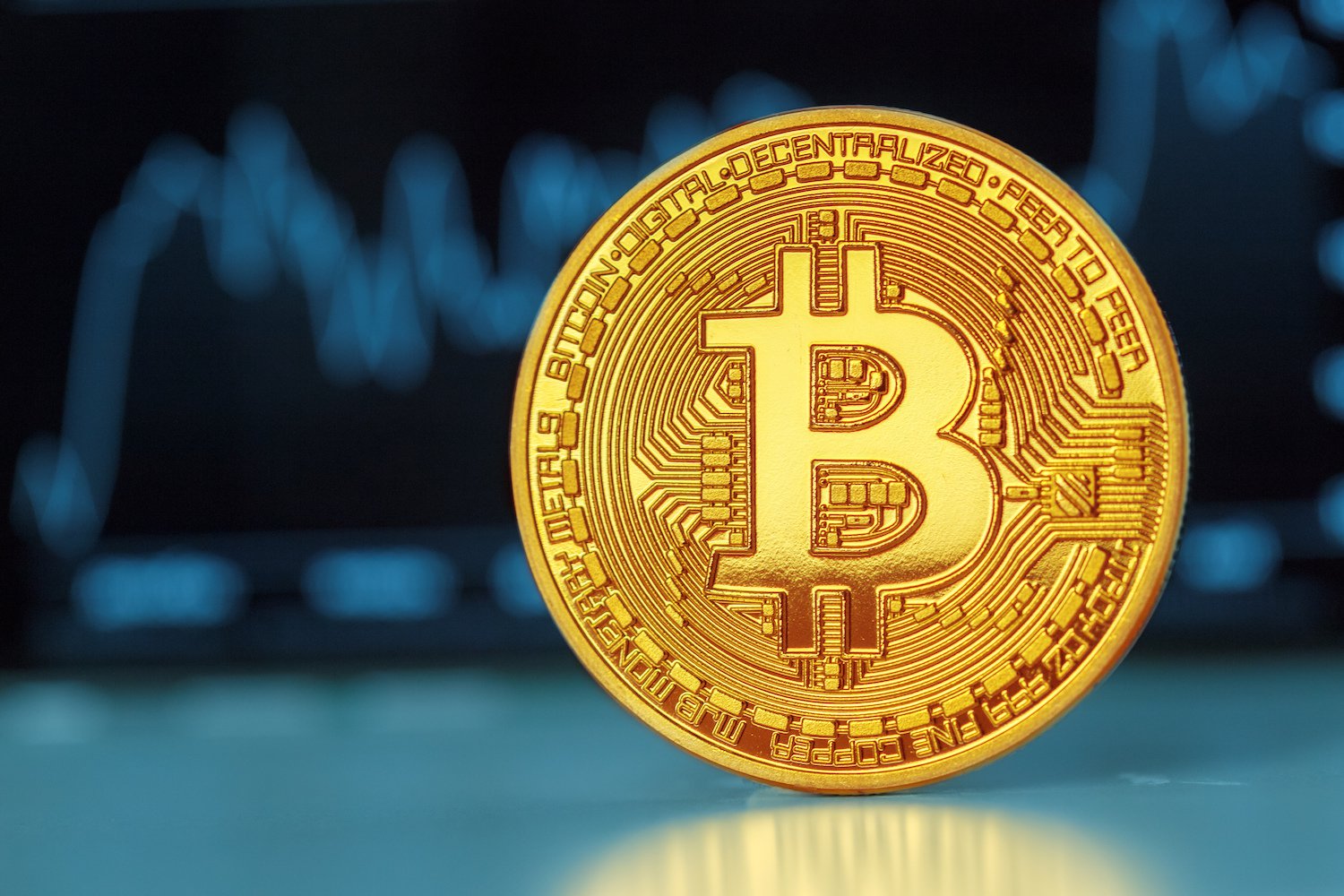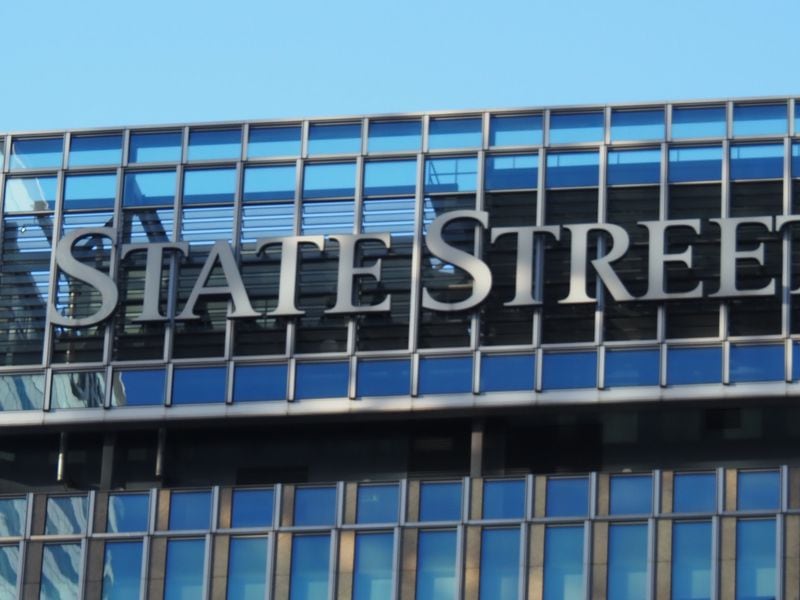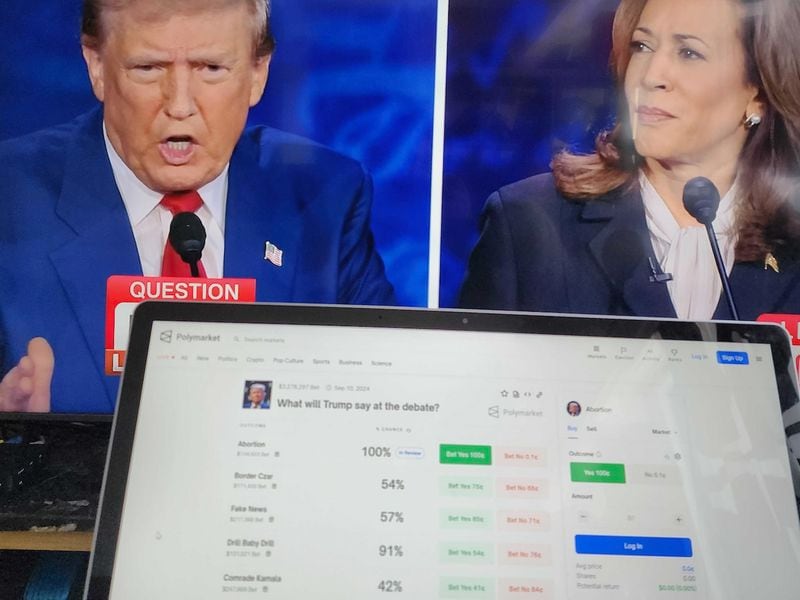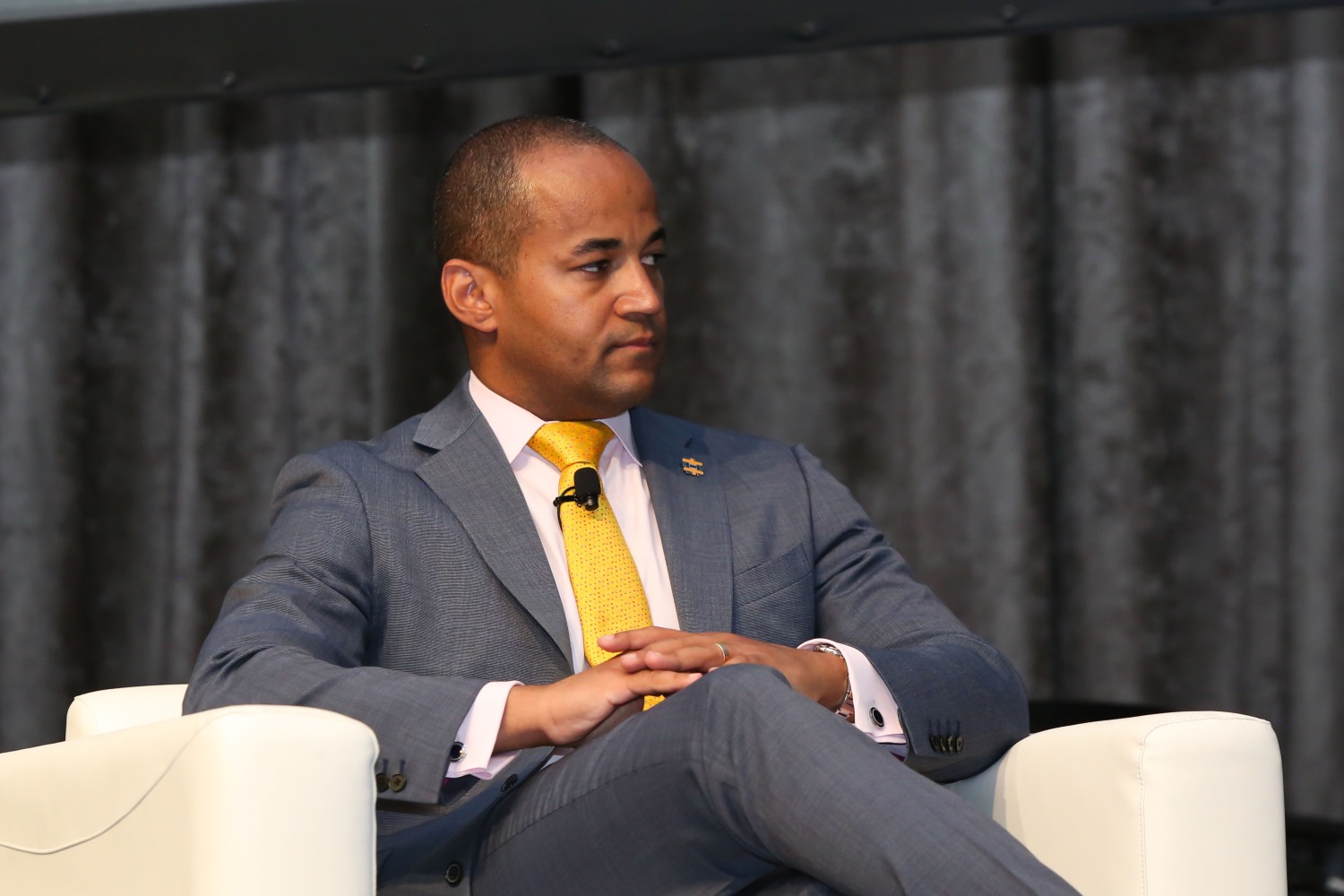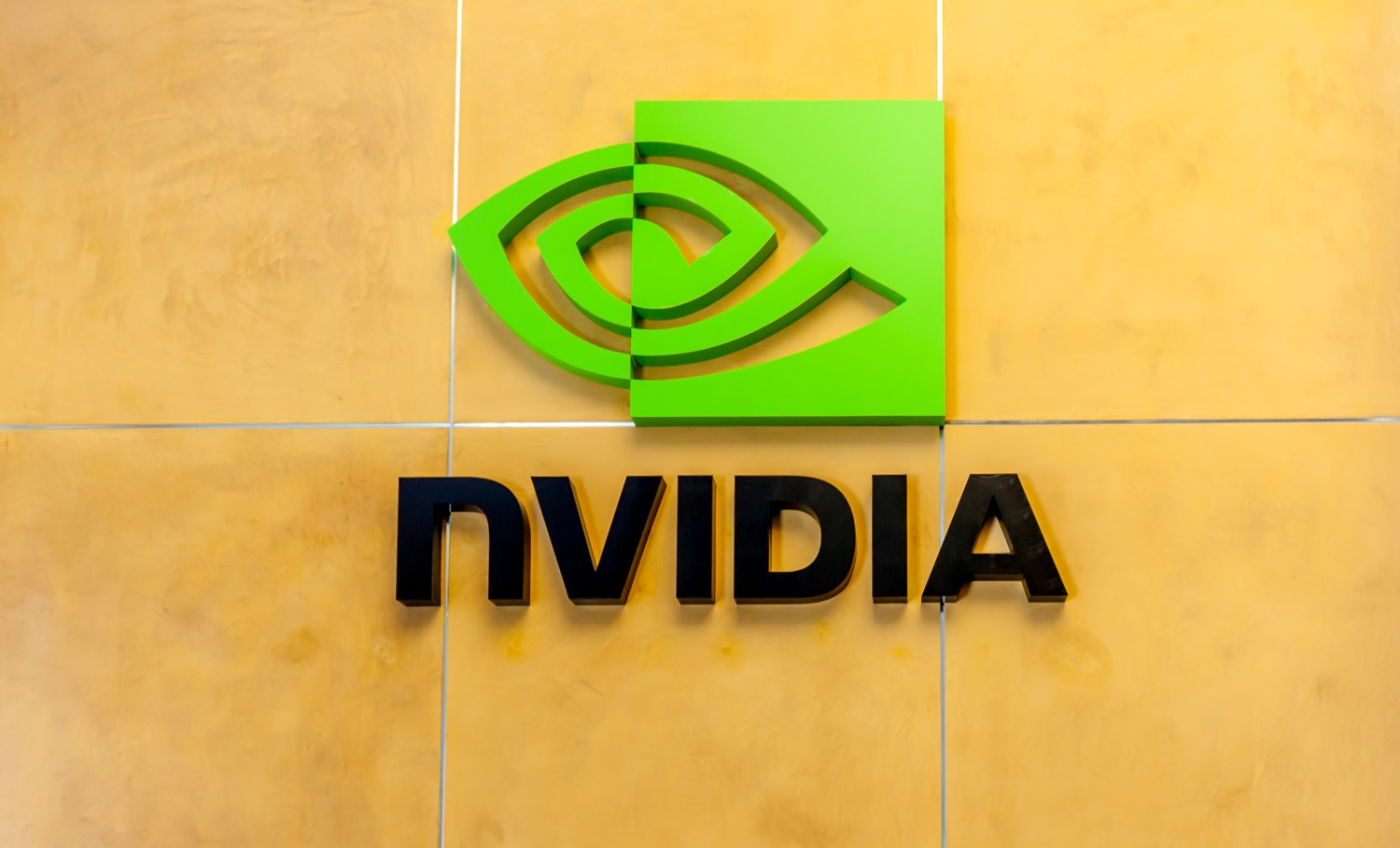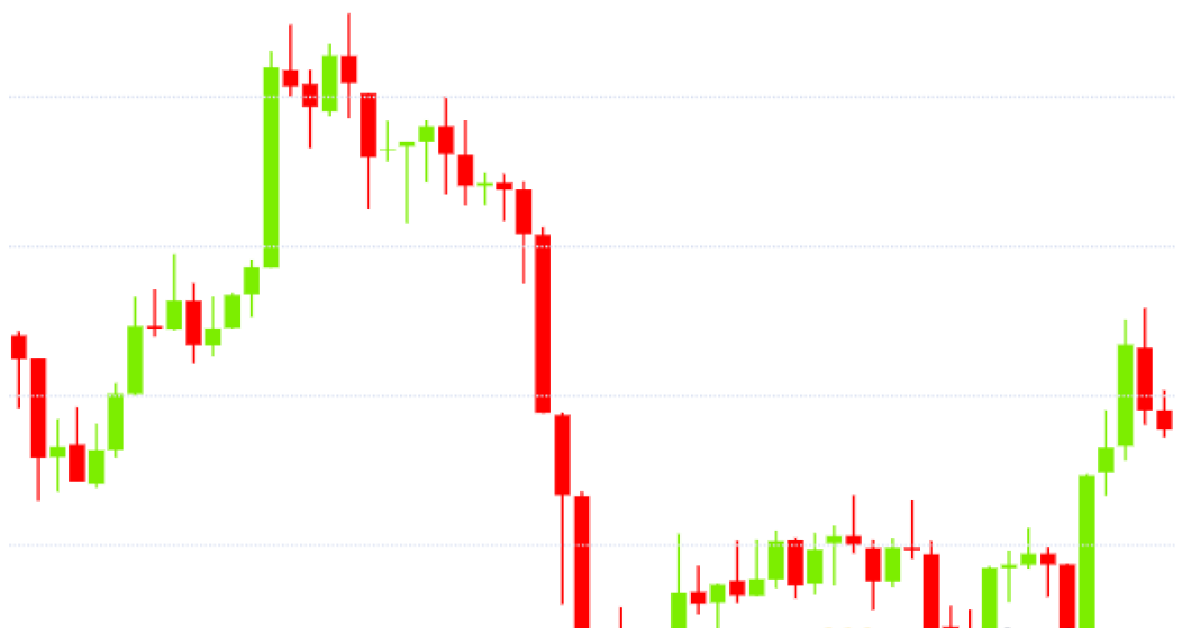Nigeria Directs Entities to Identify Those Dealing Crypto With Bybit, KuCoin, OKX and Binance
/arc-photo-coindesk/arc2-prod/public/LXF2COBSKBCNHNRE3WTK2BZ7GE.png)
-
Nigeria’s Central Bank has directed institutions in the financial space to identify persons or entities transacting in or operating four unlicensed crypto exchanges – Binance, Bybit, KuCoin and OKX.
-
The latest action comes after an ongoing saga between Binance and Nigeria’s government.
The Central Bank of Nigeria issued a directive on Tuesday asking financial institutions to identify persons or entities transacting in or operating with Bybit, KuCoin, OKX and Binance, according to a letter seen by CoinDesk.
The letter, addressed to Deposit Money Banks (DMBs), Non-Bank Financial Institutions (NBFls), Other Financial Institutions (OFIs) and members of the public, also cautioned and reminded the institutions that dealing in cryptocurrencies or facilitating payments for cryptocurrency exchanges is prohibited.
The latest action comes after an ongoing saga between Binance and Nigeria’s government, which has made international headlines. The Nigerian government accused Binance of enabling currency speculation that crashed its currency, the naira, invited two of its executives into the country, then arrested them, and one of them escaped.
The regulatory authority also wants the financial institutions to “ensure that such accounts are put on PND (Post No Debit) instruction for 6 months.” Any breaches of the directive would attract severe regulatory sanctions.
Notably, the letter said any perpetrator or “suspected agent” secretly working with all cryptocurrency platforms, “buying and selling USDT illegally,” will be arrested. It is the “duty of the Central Bank of Nigeria to investigate economic problems in the country.”
However, “it’s noteworthy that the recent circular did not mention any indigenous crypto exchanges, likely because many Nigerian crypto companies, such as Flincap, have been actively pursuing the required licenses,” said Nathaniel Luz, CEO of Flincap, a platform for OTC crypto exchanges.
Edited by Parikshit Mishra.


